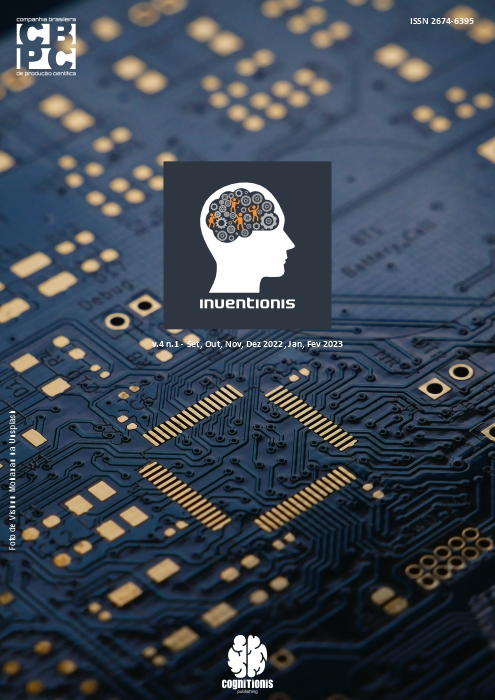Reverse logistics of solid waste in civil construction
DOI:
https://doi.org/10.6008/CBPC2318-3055.2021.003.0002Keywords:
Construction, Reverse logistic, Solid Waste, PNRSAbstract
It is estimated that more than 50% of solid waste generated by human activity comes from civil construction, where 98% could be recycled. Taking these data into account, CONAMA Resolution 307/2002 determines for the proper management of civil construction waste (RCC), and in 2010 the National Solid Waste Policy was published, determining reverse logistics. Given the above, this research aims to verify the application of reverse logistics in civil construction in Brazil, through data published in other articles, performing an integrative literature review. This is an integrative literature review, descriptive-exploratory and qualitative approach, through a literature search, referring to reverse logistics in civil construction, carried out through Google Academic, with publications between 2020 and 2021. 13 articles were selected for the construction of the research, with studies carried out throughout the national territory. Although there are studies that show good results, they all have some flaw, either on the part of the companies that generate RCC, or on the part of Organs public bodies for inspection. No study includes all the determinations of CONAMA Resolution 307/2002 and the PNRS. There is a need for companies to implement the Civil Construction Solid Waste Management Program (PGRCC) in civil construction, in addition to a need for city halls to properly inspect companies. Where should one seek to apply fines to companies that do not conform to current regulations, so that reverse logistics can be applied in Brazil.
Downloads
Downloads
Published
Issue
Section
License
Copyright (c) 2022 Engineering Sciences

This work is licensed under a Creative Commons Attribution-NonCommercial-NoDerivatives 4.0 International License.
The CBPC - Companhia Brasileira de Produção Científica (Brazil CNPJ: 11.221.422/0001-03) the material rights of the published works. The rights relate to the publication of the work anywhere in the world, including rights to renewals, expansions and dissemination of the contribution, as well as other subsidiary rights. All electronically published works may subsequently be published in printed collections under the coordination of this company and / or its partners. The authors preserve the copyright, but are not allowed to publish the contribution in another medium, printed or digital, in Portuguese or in translation.








